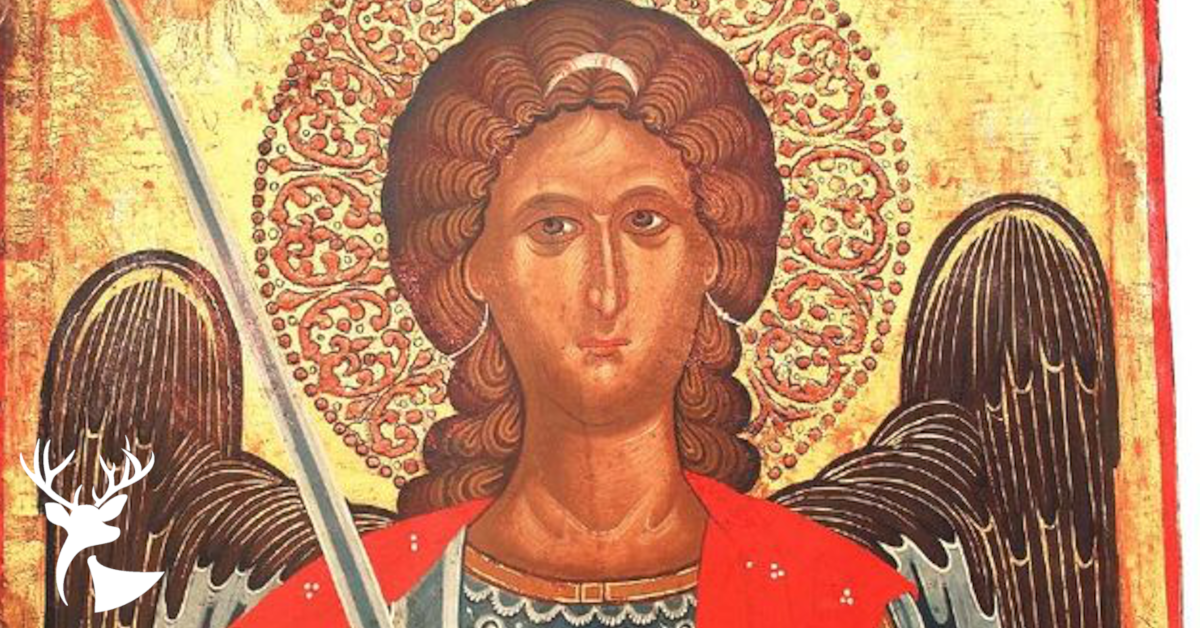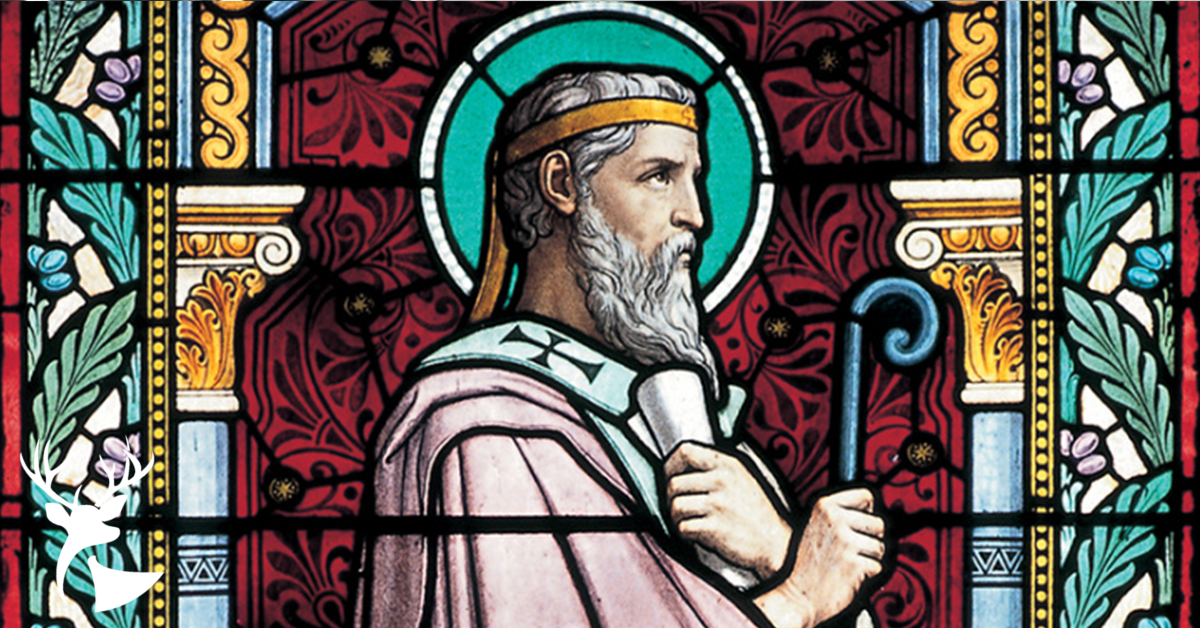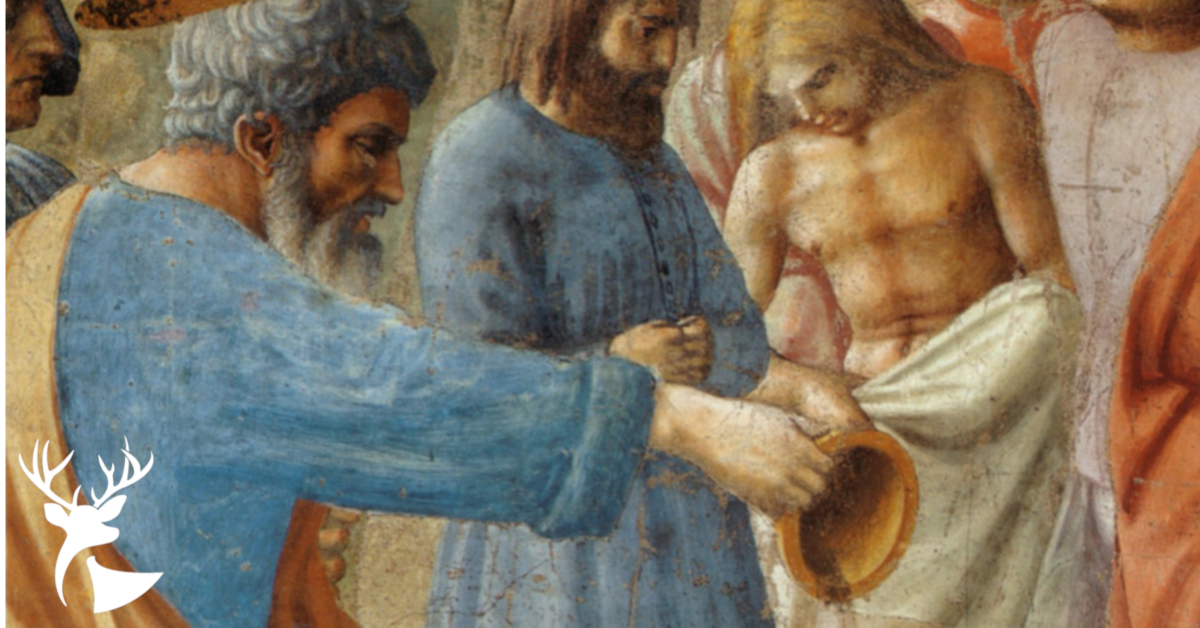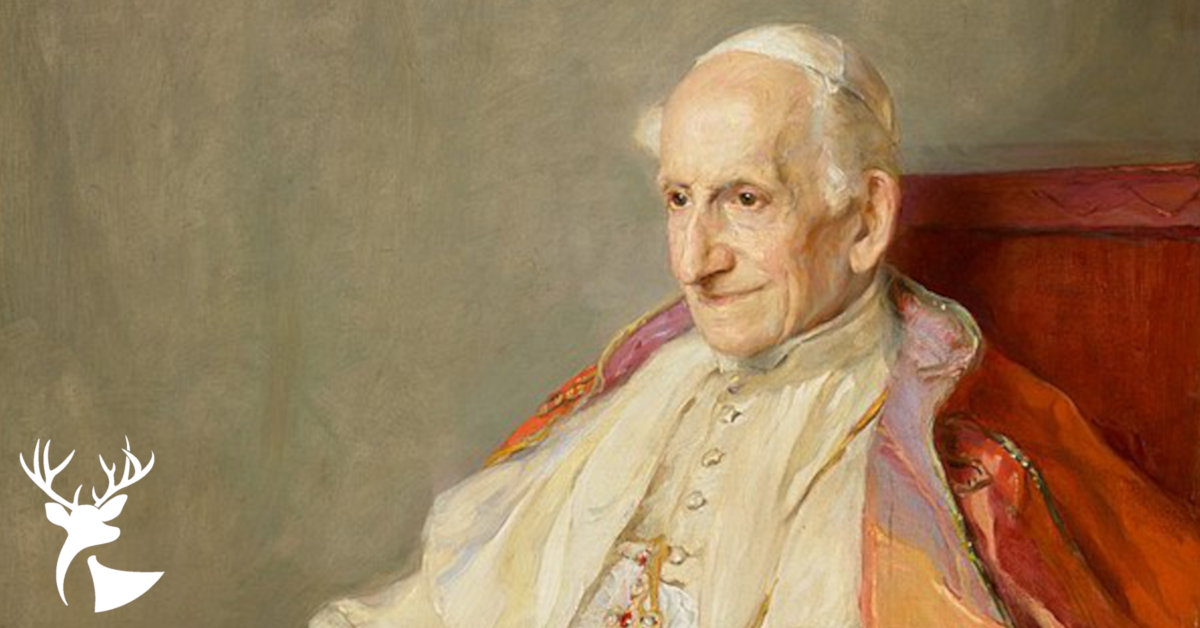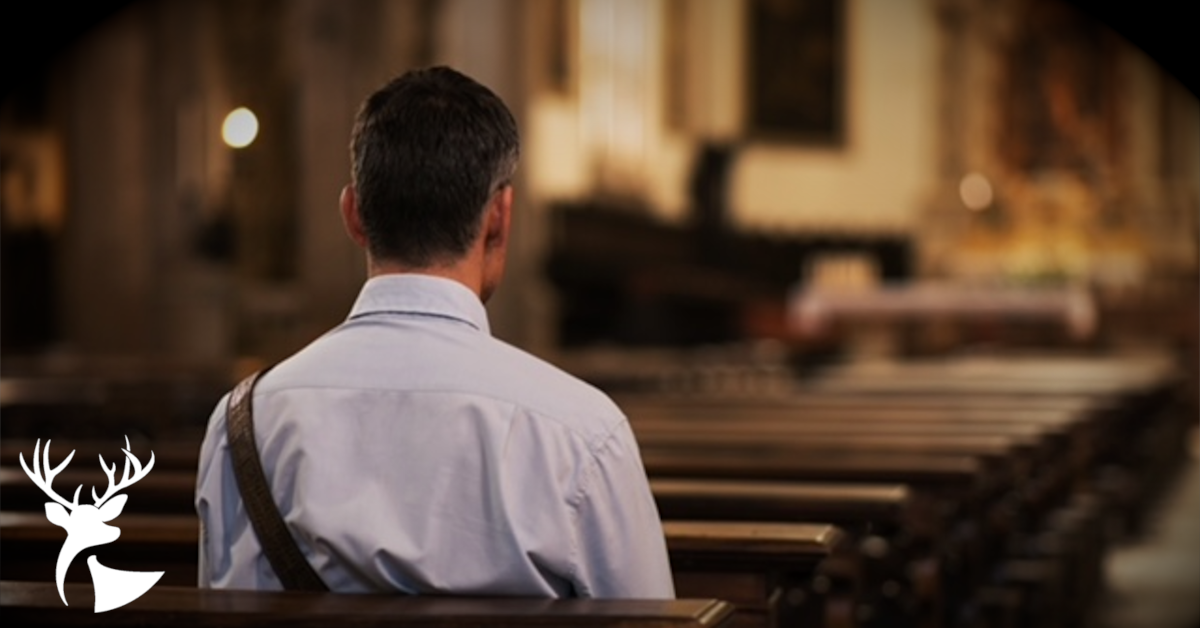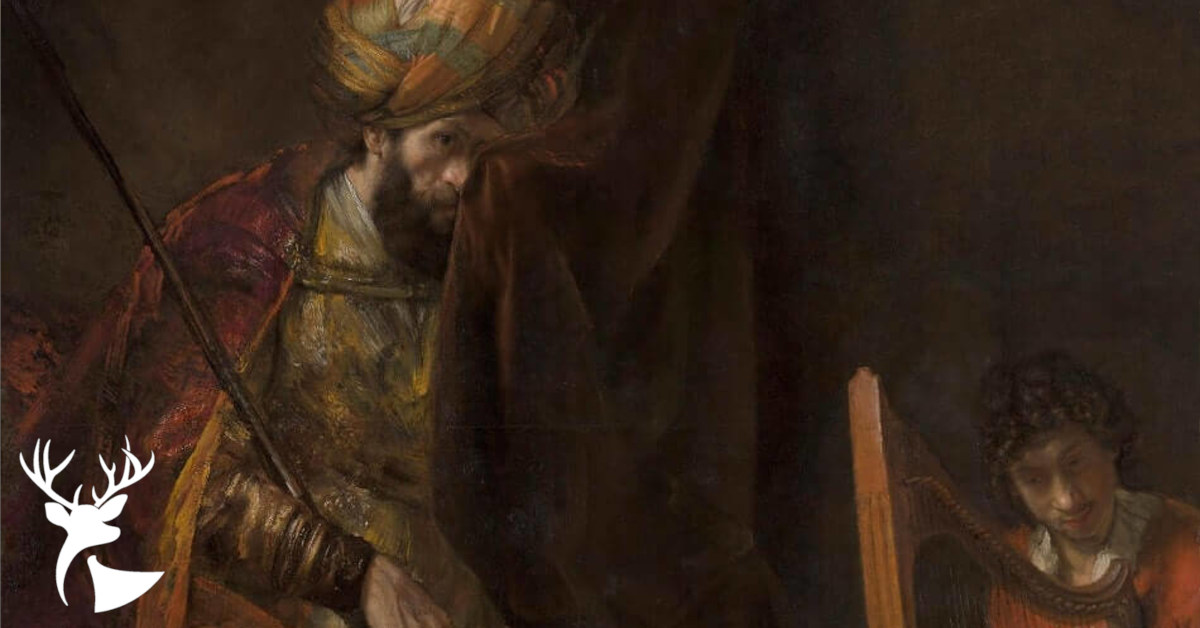
Alcuin & the Power of Music
By Richard Meloche | May 24, 2021
“The happiest of all your letters has reached me…it admonished me to mix a sweet melody of versifying amidst the horrible din of clashing weapons and raucous blare of trumpets, since a sweet and gentle musical refrain can mollify the savage impulses of the mind.”
—Bl. Alcuin of York
Letter 149 (to Charlemagne)
← Return to Musings

Alcuin & the Power of Music
By Richard Meloche | May 24, 2021
“The happiest of all your letters has reached me…it admonished me to mix a sweet melody of versifying amidst the horrible din of clashing weapons and raucous blare of trumpets, since a sweet and gentle musical refrain can mollify the savage impulses of the mind.”
—Bl. Alcuin of York
Letter 149 (to Charlemagne)
On May 19th the Church formally recognized and duly honored our beloved patron, Bl. Alcuin of York. In a fitting act of veneration, I choice to mark the date by reclining at the end day with a glass of scotch and reading one of the many letters penned by Blessed Alcuin. I happened upon a letter that Alcuin wrote to Emperor Charlemagne in the summer of 798 AD, unpoetically referred to as Epistle 149 in his canon of literature.
The letter is quite intriguing on two accounts: (1) its historical background and, (2) Alcuin’s rather odd insistence on the medicinal—almost miraculous—qualities of music. The historical backdrop of the letter is the brutal battle of Bornhӧved. Charlemagne and his army had tracked down and pinned a rebellious Saxon militia against the banks of the Schwentine river and in a disproportionate fit of rage Charlemagne ordered that all 4000 ‘northerners’ be cut down and dispatched. No mercy was granted to the captured, and those that fled were hunted down and slaughtered. It was a decisive, complete, and absolutely bloody routing in favor of Charlemagne and the Franks.
This killing frenzy, however, appears to have had a negative impact on Charlemagne and “his boys.” One can easily imagine the soldiers returning to camp from the battlefield, the stench of death still on them and the pleas for mercy not-granted still ringing in their ears, needing somehow to make the transition from savage warrior to well-mannered Christian. The gratuitous brutality of this skirmish did not make such a transition easy, not even for battle-hardened soldiers.
Thus, at the behest of Charlemagne, Alcuin is requested to compose some music to “mollify the savage impulses” of the men. Music is understood to be a unique cure or balm that heals the disorders of the mind and the emotions. Alcuin writes that music can “soothe the ungentle mind.” Similarly, music by its very “sweetness” is also capable of “dampening swelling rage.” Disordered passions and agitated intellects are ordered, suggests Alcuin, not by words which have their limit, but by music which softens hearts and restores peace in the soul.
I admit that at first blush I found this recourse to music to be a tad…trite. Admittingly, I am not a musician and have never spent any time cultivating a musical aesthetic. Upon a quick survey of the tradition, however, you find everyone from Plato to Bloom making the similar claim. Music—that is, good music—is the perennial elixir for the troubled soul. Perhaps this is one of the reasons why so many of us are filled with anger, agitation, unrest, illogic, and prone to fits of passionate outburst. We live in a musically impoverished and tainted culture. Perhaps what we need then is an intentional and habitual return to some “sweet melodies” to calm and heal us.
Blessed Alcuin, pray for us.
More Reading

Dr. Richard Meloche serves as the president of the Alcuin Institute for Catholic Culture.


